The U.S. Department of Education has introduced a new regulation prohibiting the use of federal funds, especially Federal Work-Study (FWS) funds, for political activism on college campuses. This policy change aims to redirect taxpayer dollars exclusively towards educational and workforce development purposes, rather than political activities.
The Shift in Policy
Previously, under the prior administration, FWS funds were used to support student participation in political activities, including voter registration drives and polling station assistance. The new guidance rescinds this practice, ensuring that FWS funds are now reserved for positions providing career-oriented, practical experience, distinguishing educational funding from political involvement.
Implications for Universities and Students
This policy shift has major implications for both universities and students. Institutions that have traditionally used FWS funds to support politically engaged student organizations may need to reevaluate their funding strategies. Students may face limitations in engaging in political activism through federally funded positions, potentially reducing their participation in civic activities.
Reactions from the Academic Community
The new regulation has sparked mixed reactions within the academic community. Some educators and administrators express concerns that the policy could hinder student involvement in political processes and diminish opportunities for civic participation.
Others argue that the change is necessary to ensure that federal funds are used appropriately, keeping the focus on academic and professional growth.
The U.S. Department of Education’s new rule restricting the use of federal funds for political activism marks a significant shift in the relationship between higher education and federal funding. As universities and students adapt to these changes, it is important to monitor the effects on campus life and student engagement in political processes.

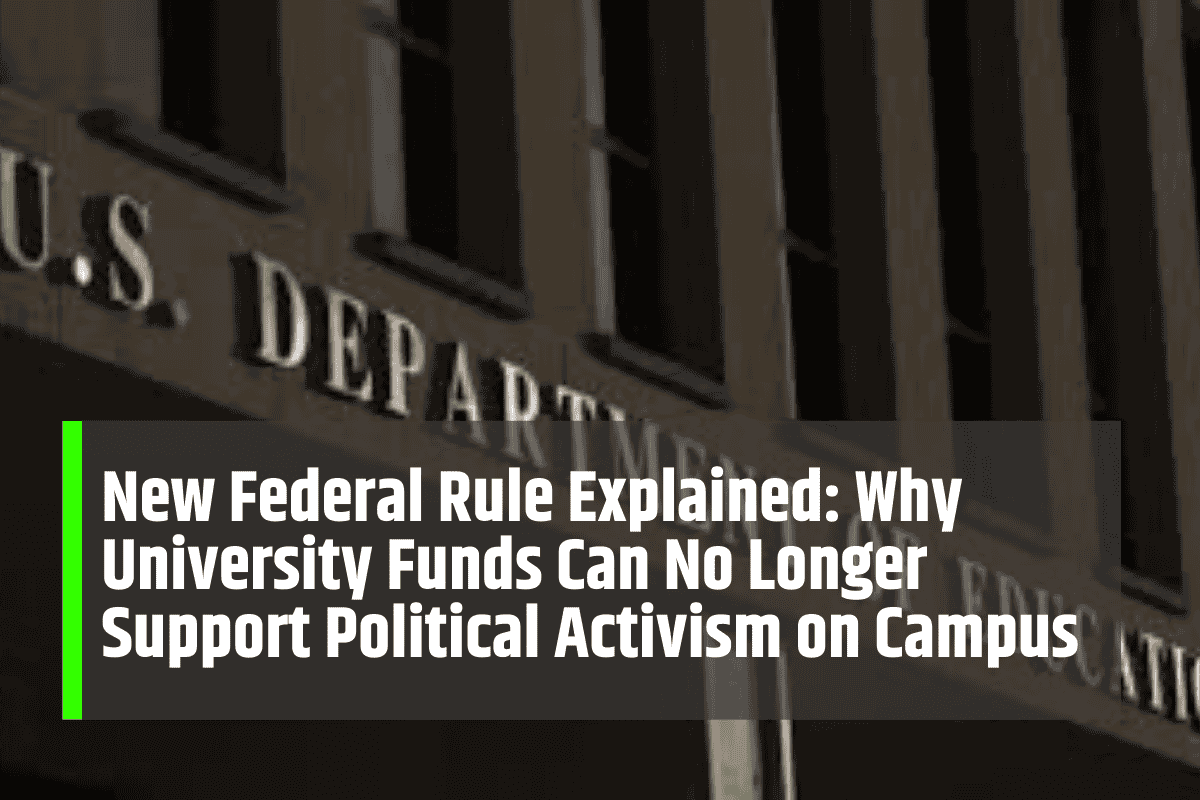
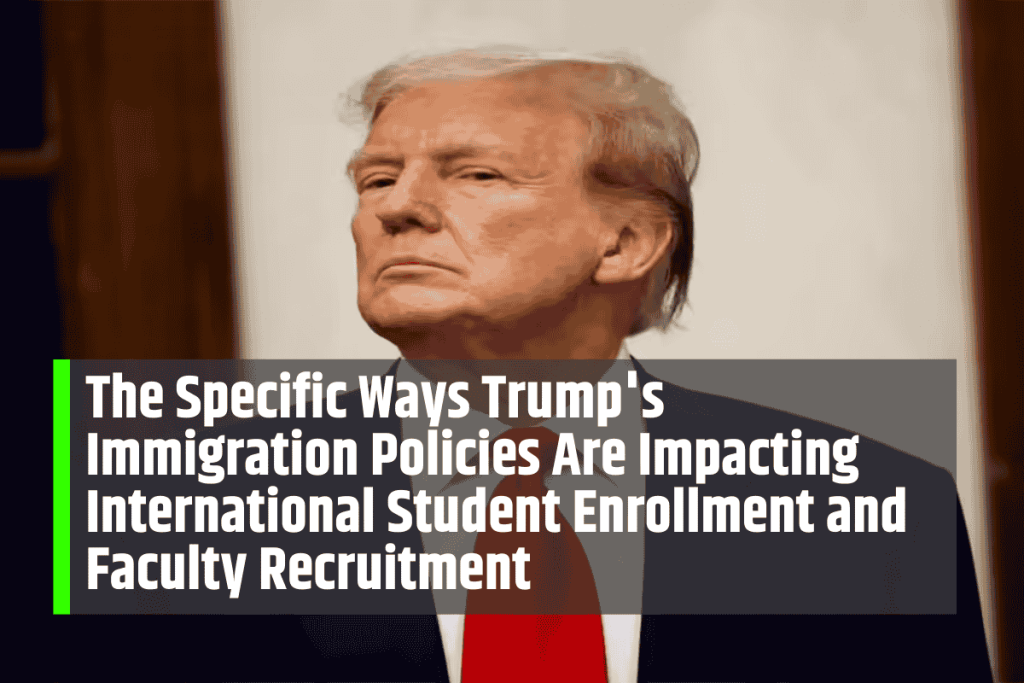

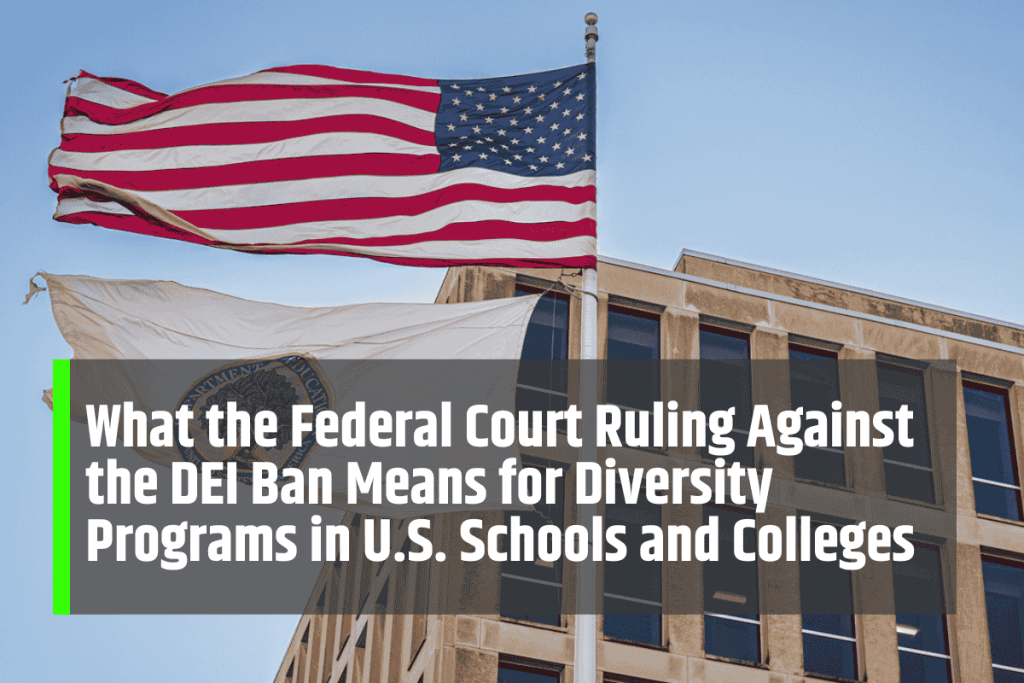
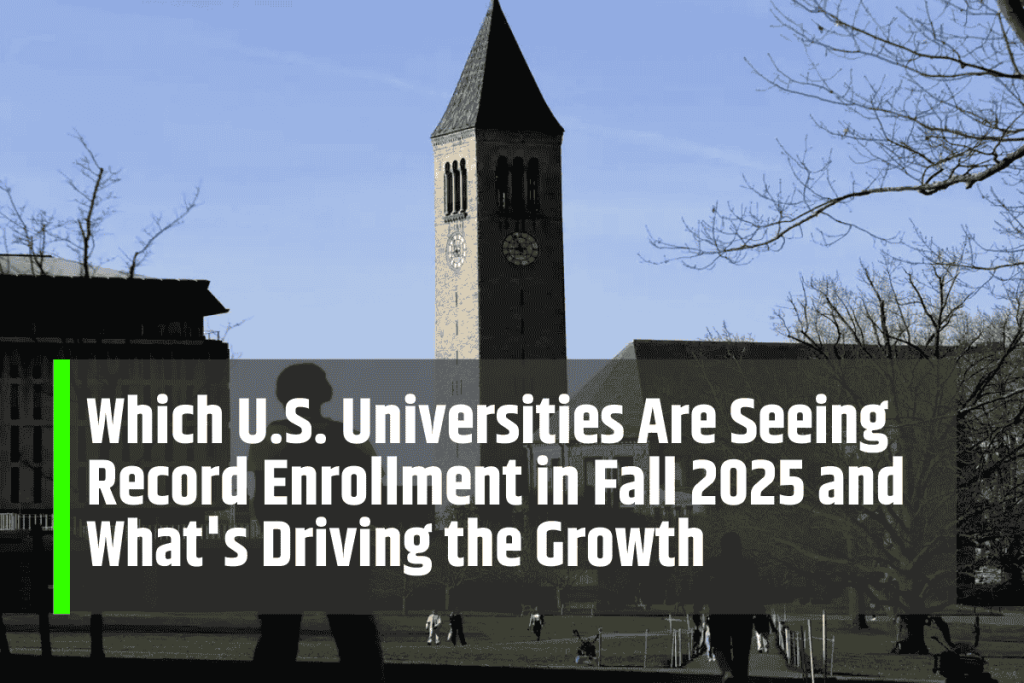
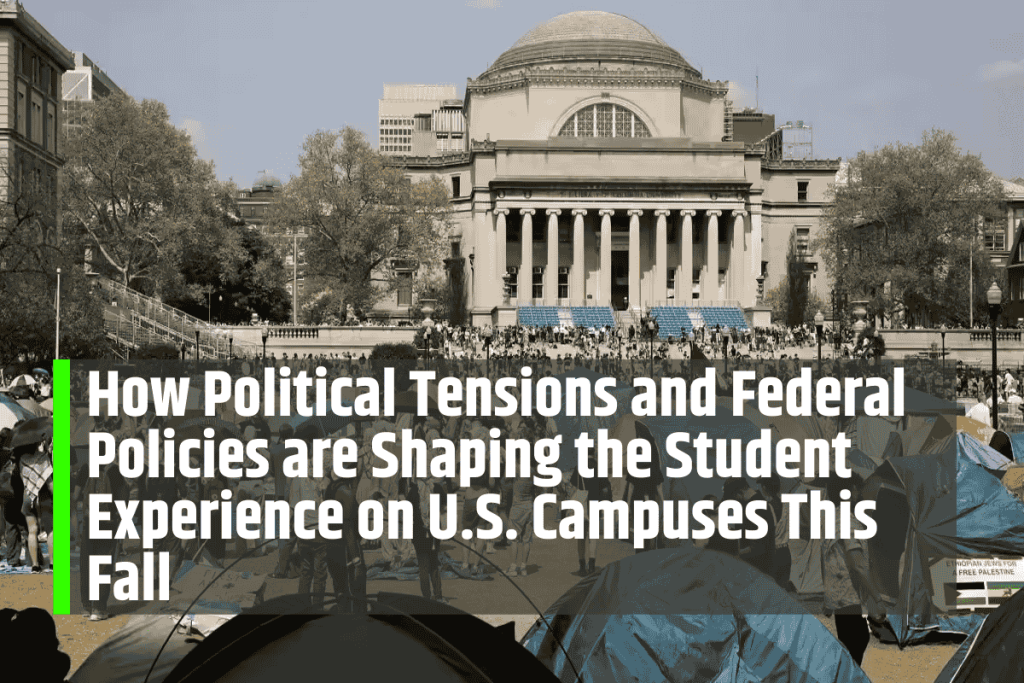
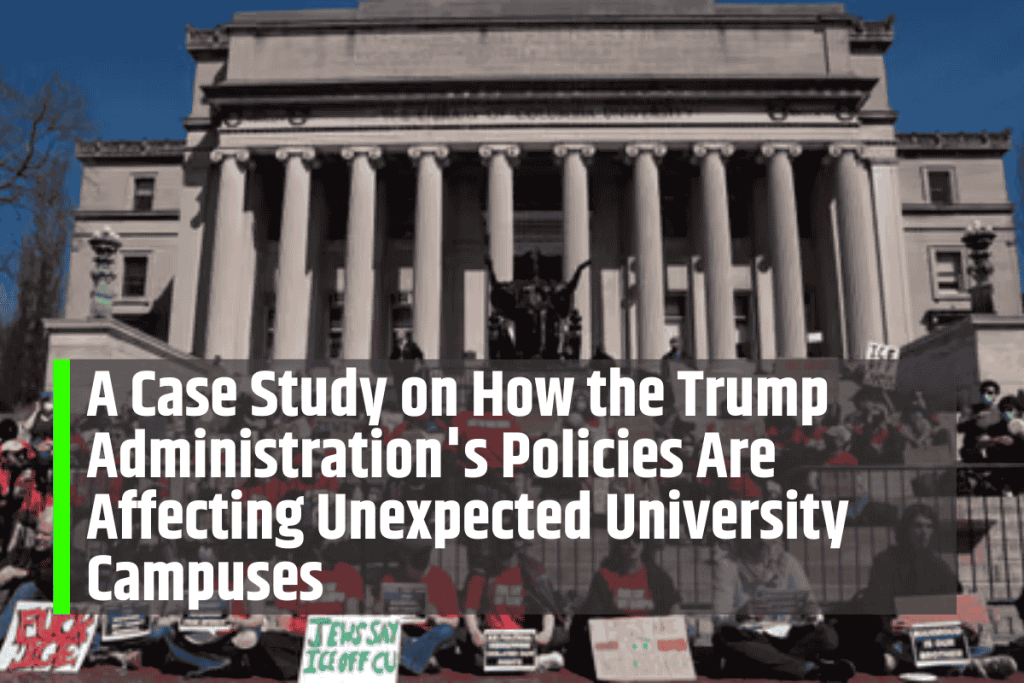
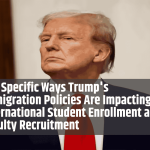


Leave a Comment